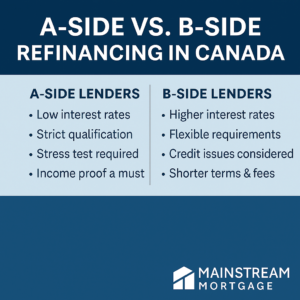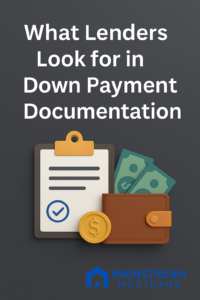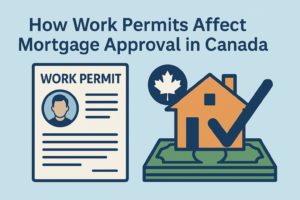Understanding Mortgage Refinancing: A-Side vs. B-Side Lending in Canada
By Avaljit Sandhu, Mortgage Professional – Dominion Lending Centres
What Is Mortgage Refinancing?
Refinancing is when you replace your existing mortgage with a new one, often with different terms. This can help you:
-
Access equity (cash out refinance)
-
Consolidate debt
-
Get a better interest rate
-
Change your mortgage term or product type
Whether you refinance with an A-side lender (bank or credit union) or a B-side lender (alternative lender), the process and goals are similar — but qualifications, rates, and costs vary.
A-Side Refinance: What You Need to Know
Who Are A-Side Lenders?
A-side lenders are traditional banks and credit unions. They offer the lowest rates but have strict qualification rules.
Key Features of A-Side Refinancing:
-
Low interest rates (based on posted rates or discounted offers)
-
Qualify using the stress test (current rate + 2%)
-
Ideal credit score needed (680+ typically preferred)
-
Low debt ratios
-
Income proof is a must (e.g., full-time, stable job or solid business income)
Best For:
-
Homeowners with good credit, consistent income, and low debt
-
Those looking to access equity for renovations, investments, or large purchases
B-Side Refinance: What to Expect
Who Are B-Side Lenders?
B-lenders are alternative lenders who provide options for people who don’t fit into the strict rules of big banks. They are also fully regulated and legal lenders.
Key Features of B-Side Refinancing:
-
Higher interest rates (but often still lower than unsecured debt)
-
Easier qualification (flexible on credit and income)
-
Can use stated income (for self-employed or commission-based)
-
Shorter terms (usually 1–2 years, interest-only sometimes offered)
-
Lender/broker fees apply (often 1–2%)
Best For:
-
Self-employed borrowers with non-traditional income
-
People with bruised credit or recent financial challenges
-
Homeowners needing to consolidate high-interest debt quickly
Why Consider Refinancing?
✅ Consolidate Debt
Roll credit card, line of credit, or personal loan balances into one monthly mortgage payment — often at a lower rate.
✅ Access Equity
Use the value in your home to renovate, invest, pay tuition, or support a business.
✅ Lower Your Monthly Payments
Refinance into a longer term or lower rate to reduce your cash flow burden.
✅ Change Your Mortgage Type
Switch from a variable to fixed rate (or vice versa) based on your comfort with risk.
Important Considerations Before Refinancing
💡 Mortgage Penalties
If you break your mortgage early, your current lender may charge a penalty. We’ll review this cost upfront.
💡 Legal & Appraisal Fees
Refinancing requires a new mortgage contract, and legal or appraisal costs may apply (especially on B-side deals).
💡 Qualification Rules
Whether it’s A or B-side, we’ll help you understand how income, credit, and equity affect your approval.
How I Can Help
As a mortgage professional with Dominion Lending Centres, I shop both A and B lenders to help you refinance with the best option for your unique situation. I guide you through:
-
Reviewing current mortgage and penalties
-
Calculating how much equity you can access
-
Comparing A vs. B lenders
-
Understanding rates and fees
FAQ: Refinancing in Canada
Q: Can I refinance with bad credit?
A: Yes — B-side lenders offer refinance options for clients with lower credit scores or past delinquencies.
Q: How much equity do I need to refinance?
A: You usually need at least 20% equity (i.e., your mortgage balance must be 80% or less of your home’s value).
Q: Do I need income to refinance?
A: Yes — but B-lenders are more flexible. Self-employed or commission earners can use bank statements or stated income.
Q: How long does refinancing take?
A: Typically 2–3 weeks, depending on the lender, appraisal, and how quickly documents are submitted.
Ready to Refinance? Let’s Talk
Whether you’re a homeowner with perfect credit or someone facing challenges, I can help you explore refinancing solutions on both A and B sides.
📞 Call or text: 204-914-6812
📧 Email: avaljit@mortgagebyaval.ca
🌐 www.avaljitmortgages.ca








 1) Are there limits to my coverage?
1) Are there limits to my coverage? Why Use a Mortgage Broker?
Why Use a Mortgage Broker? What’s Your Budget?
What’s Your Budget?